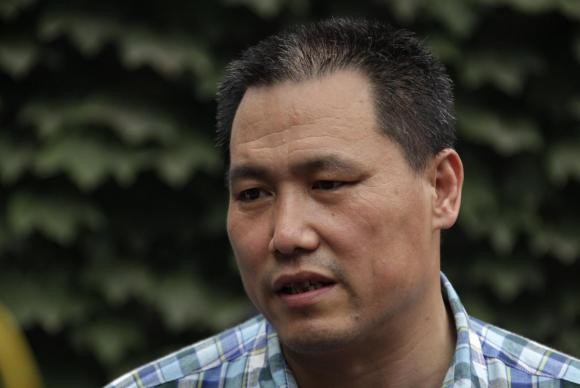As millions of Chinese are consumed by their preparations for the upcoming Spring Festival holiday, the rest of the world is busily taking notes about the progress of an enormous and ancient nation.
The matter of human rights within China's borders is one of the categories being regularly filled in on the global clipboard, as it has been for numerous decades now, and the recent release of Human Rights Watch's (HRW) annual report has yet again triggered the pointing of the global finger at Beijing.
Regardless of President Xi Jinping's "new normal" economy, there is always a reason to closely monitor the activities of a nation composed of around 1.4 billion individuals who live according to "socialism with Chinese characteristics." It is like a cross between an aquarium and a laboratory experiment--but one in which a greater power balance exists, as the inhabitants possess something that the viewers hunger after. In this context, whereby Chinese markets are the keys that turn the locks of windfall profits, knee-jerk responses like those found in the HRW report make even less sense.
Of course, China is concerned about human rights, as it is about environmental protection and government transparency--President Xi and his Beijing colleagues clearly understand the importance of justice. However, they also understand the folly of rigid, blinkered thinking, which comes to mind when considering a report that does not take into account the significant progress demonstrated by China's major judicial reforms.
As a result of sweeping changes that were reaffirmed at October's Central Committee plenum, officials of mismanaged cases have been dismissed, while victims were compensated; the basic legal tenet of presuming innocence until guilt is proven is standard; nearly 400 rules, policies and regulations have been invalidated; the Supreme People's Court will allow prosecutors to undertake public-interest litigation; all legal instruments will be disclosed online for the public to view; and basic legal services must be offered to rural and urban residents to ensure that legal support is provided to any Chinese national who needs it.
Due to what China Daily calls the "rule of law," government interference and corruption by the most powerful in society are now strictly prohibited throughout China's legal system. In accordance with modern democracies, no individual or organization is above the law in China because the rule of law is being honored as it should be. And who is the ultimate winner? Human rights is the winner, as the vital interests of human beings are more closely safeguarded.



























